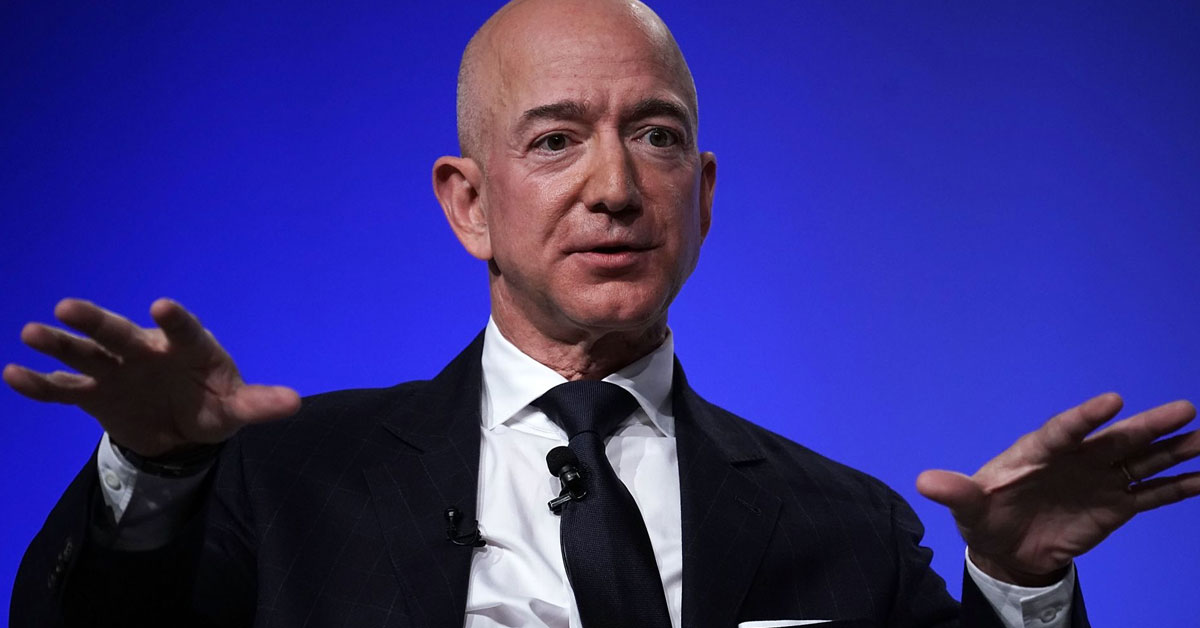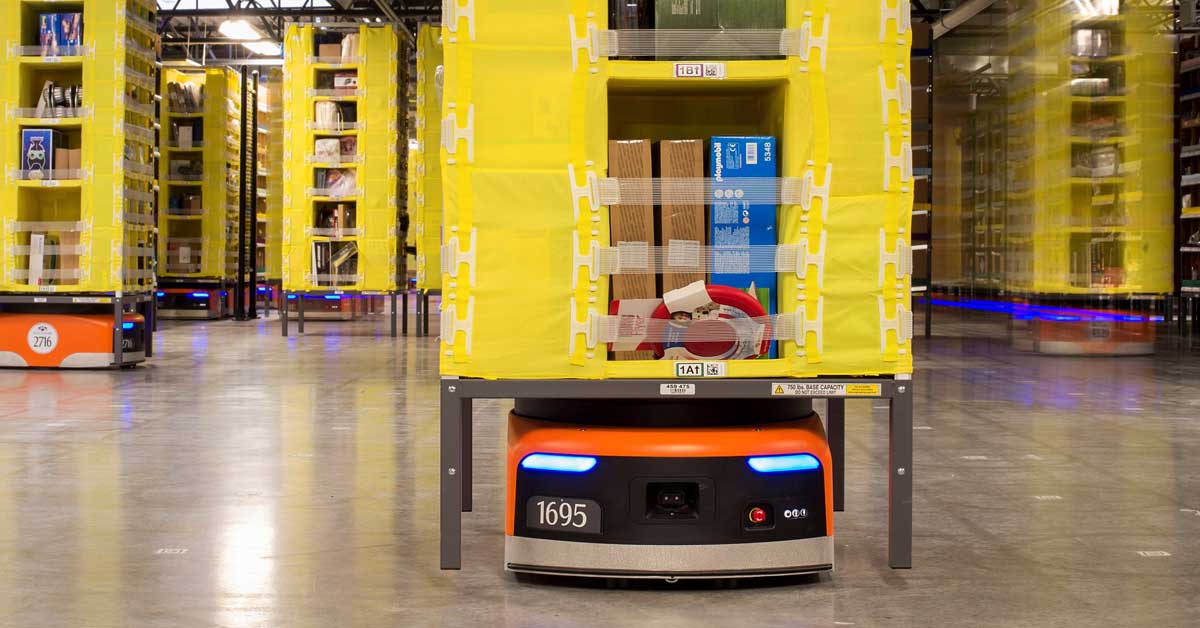It’s going to be a while before the robots take over
The future of Amazon will undoubtedly involve artificial intelligence and robotics, but it’s an open question at what point AI-powered machines will be doing a majority of the work.
According to Scott Anderson, the company’s director of robotics fulfillment, the point at which an Amazon warehouse is fully, end-to-end automated is at least 10 years away, reports The Verge.
At present, the Amazon warehouses that use robots are mostly concerned with general merchandise such as homewares and bikes, but their functions are limited. Robots are unable to pick items from bins without damaging other items, or pick multiple items, in a way that makes them any more efficient than human workers, writes Engadget.
So while a robot can help manufacture a microchip and the body of a Tesla motor vehicle, it’s not capable of doing human tasks that warehouse work requires. At Amazon facilities and other companies’ fulfillment centers, a bulk of the labor is still largely done by human hands, because it’s difficult to train robots to see the world and use robotic grippers with the dexterity of human workers.
Last month the company announced plans to deliver Prime packages in one day instead of two, and currently stipulates a target of four hours between an order being placed and it leaving the warehouse. Once the technology exists to effectively automate these processes, there’s no doubt that Amazon will be using it.
More Amazon news

Trump is targeting Amazon and Alibaba
President Trump signs trade memorandum on counterfeit products President Donald Trump puts Amazon, Alibaba, eBay and other online marketplaces on notice, signing a memorandum that aims to curb the sale of counterfeit items online. “This is a shot across...

Drunken online shopping is big business — especially for Amazon
Drunk shopping is an estimated $48 billion industry 85 percent of drunk shoppers visit and make ill-advised purchases on Amazon Tech and business newsletter The Hustle surveyed more than 2,000 alcohol-drinking adults about their online shopping behaviour...

Jeff Bezos: Smart people make decisions differently than everyone else
Smart people tend to change their mind a lot Smart people are open to new points of view, new information, new ideas, contradictions, and challenges to their own way of thinking Jason Fried, co-founder of Basecamp and co-author of the New York Times...


